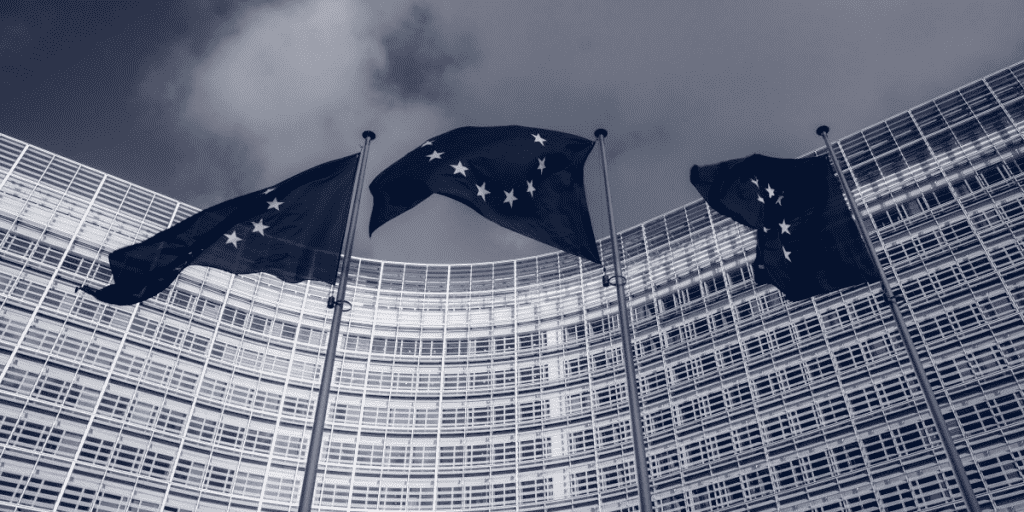In a meeting held at the European Parliament in Strasbourg, France; the European Commission, along with the lawmakers, announced an important scheme. They came up with some important legal considerations and professed that gas and nuclear energy projects will now be considered “green” in Europe. This was a sudden move with 328 votes in favor of the decision, while 278 votes were from the opposition.

Moreover, it was stated that with the legalization of the project, it is now subjected to receiving loans and the state subsidiaries, which will help in further expanding the project and achieving the desired goals. However, the critics, on the other hand, cross swords and said that the project is not environmentally friendly. They were of the opinion that Europe’s “sustainable environment” goals to reduce carbon emissions by up to 55% by 2030 and to become a carbon-neutral state by 2050 do not align with this recent project approval.
The European Commission, on the other hand, is of the viewpoint that favors the approval of this project. This “taxonomy” approach will lessen the reliance on Russian oil sources because of its invasion of Ukraine. Also, the project will work on those environmental measures which actually support the concept of a “green and sustainable” environment and eliminate the conviction of “greenwashing.”

The study’s author, Lei Duan of Carnegie’s Department of Global Ecology, said in a statement, “Under strict greenhouse gas emission controls, reliable power generation provided by nuclear power has a lot of potential value in the electricity grid for most nations. Places with poor wind resources can benefit from nuclear power earlier in the path to zero emissions, whereas places with very good wind resources would only need it to get rid of the last traces of carbon emissions. “

It is worth noting that a research study was also published in Feb of this year which supports the statement that “nuclear power is a green source of energy” and also states that this initiative will help in reducing the carbon footprint on the environment. However, the European Commission has accepted the fact that gas and nuclear energy don’t sit perfectly well with the stated goals of a green environment. At the same time, these energy goals are a step forward toward the future of achieving a carbon-neutral environment, and this project has the potential to impact other regions in implementing this decision. It would be very early to state the credibility of this project until we see some serious transformations in the form of lowering the atmosphere’s temperature to 1.5 degrees Celsius or 2.7 degrees Fahrenheit by 2100. So let’s see how much efficiency will be achieved through this project.


